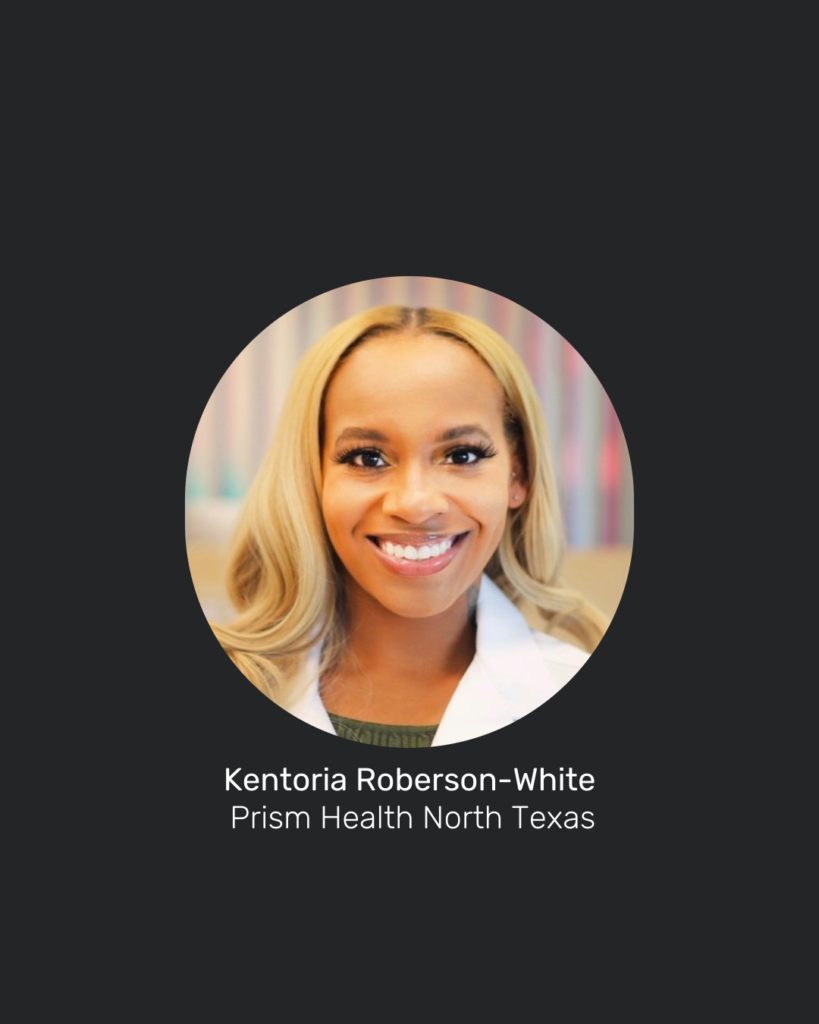Texas Foster Youth Health Initiative
President Biden proclaimed November 2022 as National Family Caregivers Month.
The proclamation states: “During National Family Caregivers Month, we recognize the love and sacrifice of more than 50 million Americans providing crucial care and medical assistance to parents, children, siblings, and other loved ones, ensuring their health and dignity. Today, far too many Americans find themselves sandwiched between the enormous tasks of supporting aging parents, raising young children, and earning a living. Others bear the responsibility of caring for loved ones with a disability or looking after wounded, ill, or injured service members and veterans who have sacrificed so much for us all. The truth is, at some point in our lives, each of us will likely need to be a family caregiver — but the burden falls especially hard on those who cannot afford support. Women, people of color, and immigrants shoulder a disproportionate share of the obligation, sometimes forced to leave good jobs to instead provide care. Their work is a profound service to their families and to our Nation, but they are still too often unseen, undervalued, and unpaid.”
This national observance is spearheaded by Caregiver Action Network (CAN), a nonprofit that provides free education, peer support, and resources to family caregivers.
Texas Foster Youth Health Initiative Caregivers Spotlight & Resources
In recognition of National Family Caregivers Month, we’re highlighting how the Texas Foster Youth Health Initiative program supports caregivers. Healthy Futures of Texas (HFTX) proudly collaborates with the UT-Austin School of Social Work on the Texas Foster Youth Health Initiative (TFYHI). Through this partnership, we develop and implement sexual health and healthy relationship education for youth in the child welfare system, their caregivers, and youth-serving professionals.
Tia Brooks, Program Director, Healthy Futures of Texas
Tell us about your new role and how you/your team works with caregivers throughout Texas.
As the Program Director for the Child Welfare Department, I oversee the partnerships being developed in Dallas, San Antonio, Houston, and the Rio Grande Valley. In every region, we work with local partners such as child placing agencies to provide caregivers with the information they need to feel confident and informed when talking to youth about healthy relationships and their decisions around their sexual health.
How does HFTX define “caregivers”?
Caregivers are individuals affiliated with the child welfare system who either have children or youth in their care, have previously had children/youth in their care, or are preparing to have children/youth in their care. They are also mentors, volunteers, and other trusted adults we don’t usually think of as “caregivers” but who play a vital role in the lives of youth.
Can you share a milestone that continues to inspire you?
In the first year of this initiative, we created a caregiver consultant group to help with learning about the needs and common challenges of working with youth in care. They helped us develop our training for caregivers.
How do you use the OkaySo app?
We promote Okayso with our youth and caregivers to get questions answered anonymously. So far, participants like the idea of getting expert advice and doing so on their phones.
What are a few priorities for HFTX’s work with caregivers through the Texas Foster Youth Health Initiative?
Our priorities are:
- for caregivers to create a safe and inclusive environment for youth in their care;
- for them to have ongoing, trauma-informed interactions with youth and to feel confident being trusted adults in the lives of the children and youth around them, and;
- for caregivers to feel supported and connected through resources and training to have what we call ‘Brave Conversations’ with the youth in their care.
Can you share how you collaborate with youth and foster and adoptive caregivers at a child-placing agency throughout Texas?
We currently work with child placing agencies across Texas to pilot our interventions with their staff, caregivers, and youth. Caregivers participate in a voluntary four-hour training called Brave Conversations that teaches them how to use inclusive language, focus on positive, ongoing conversations about sexual health and relationships, and have confidence in having developmentally-appropriate conversations with children from toddlerhood through adolescence.
Youth participate in a 10-hour program called Thrive, where we focus on finding a positive sense of self. We practice strategies around navigating and communicating consent, identifying positive and negative behaviors within a relationship, and providing teen-friendly resources.
Watch this video to learn more.



